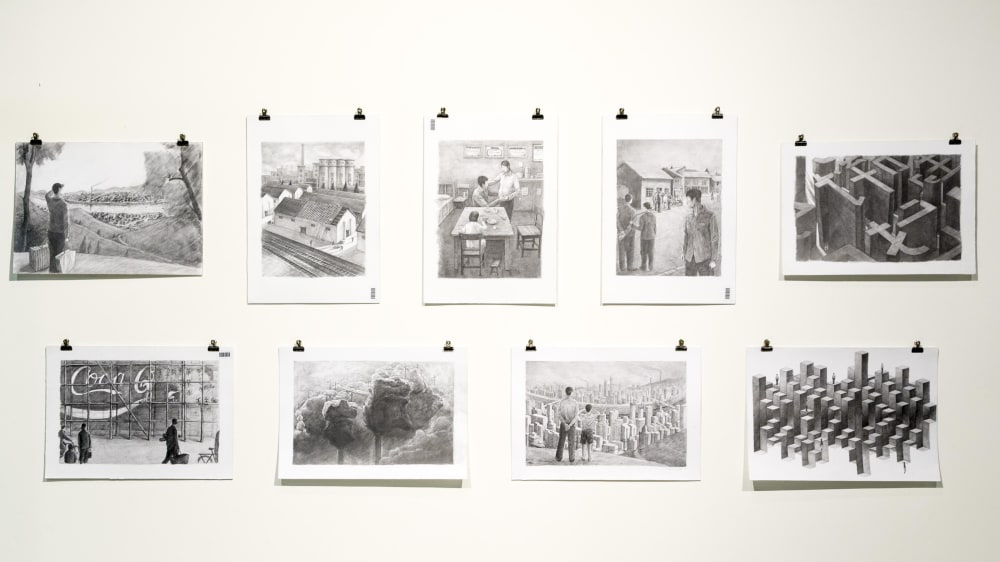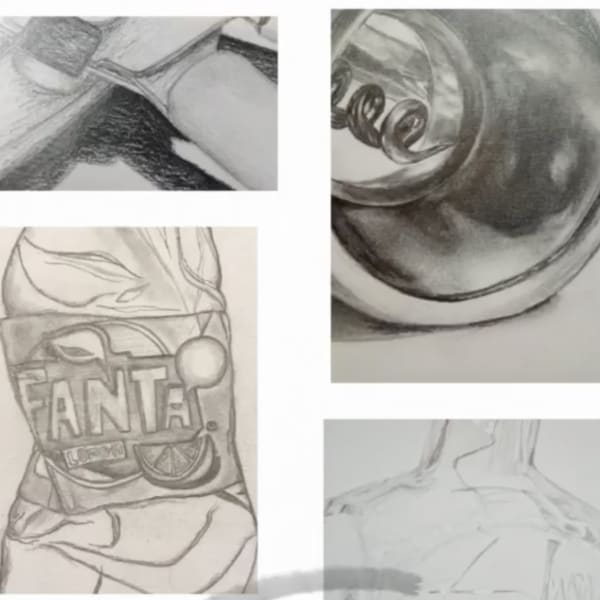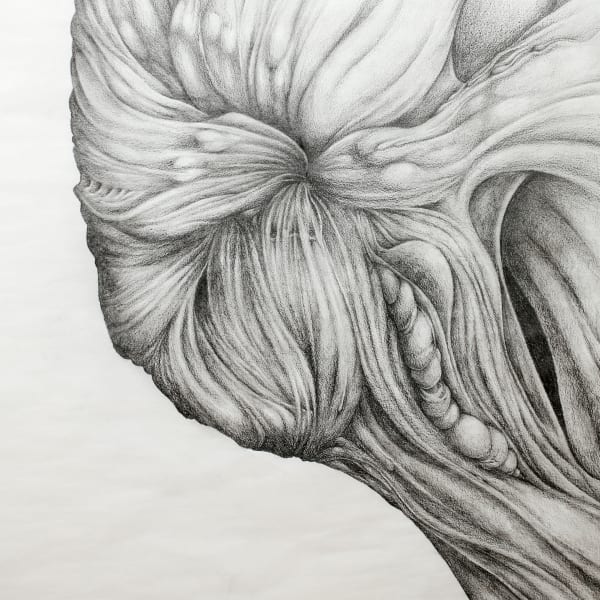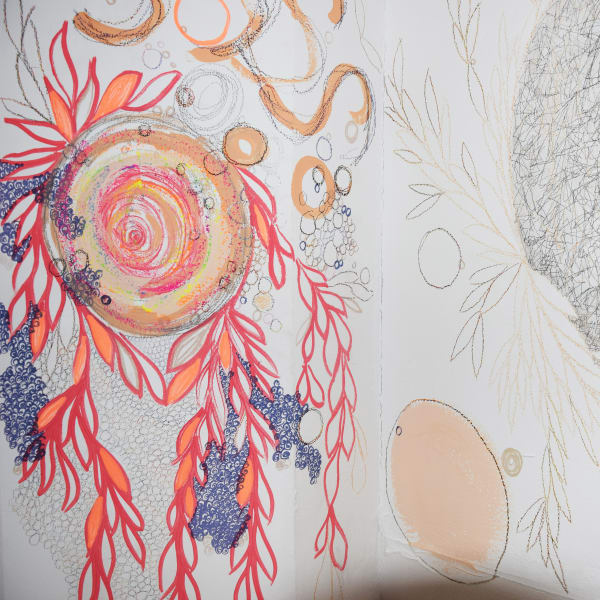
The importance of drawing skills in the visual effects industry

- Written byCarys Thomas
- Published date 29 April 2024

The visual effects (VFX) industry is growing rapidly. From live-action shots in films, TV and adverts to computer-generated characters, visual effects have the power to inspire audiences and bring stories to life.
But what kind of skills do you need to build a career in this exciting field? And what can you do to stand out from the crowd in a competitive digital landscape?
We asked professionals at award-winning visual effects house, Framestore, to share their insights on what it takes to succeed in this ever-evolving industry.
What is VFX?
VFX is the digital manipulation of images to enhance, augment or replace elements of live-action shots in films, TV and games.
The VFX industry is the fastest-growing sector of the UK film industry. According to research by the UK Screen Alliance, the sector contributed approximately £1.68 billion in GVA to the UK economy in 2019.
From matte painting and chroma keying to motion capture, visual effects add depth to productions and create immersive environments to draw viewers in.
VFX artists work with the latest technology to create computer-generated visual assets, from objects and creatures to digital particle effects such as fluid or fire.
For a successful career in visual effects, an eye for composition is essential. Aspiring VFX artists should work to develop their drawing skills in order to bring their ideas to life and develop a high-quality portfolio.
“Learning to draw is a key life skill that can help with a variety of jobs as it gives you the tools to express thoughts and ideas and ‘sell’ them to others,” says Framestore.
Why are drawing skills important in the VFX industry?
- Drawing can help you express your ideas more effectively. VFX artists must create and present high-quality visuals that appeal to audiences. Drawing skills can help you communicate and express your creative vision to others in a meaningful way.
- Drawing helps you develop your own visual language. Drawing plays an important role in the development of visual language. As you draw, you’ll learn to look at things with a new perspective as you focus your attention on capturing an object or idea. It’s an excellent way to improve your observational skills, hand-eye coordination and even your attention span.
- Drawing fosters creativity. Drawing can help you tap into your creative potential as you use your imagination to explore new ideas, experiment with colours, lines and shapes and expand your artistic horizons. Drawing regularly can help you explore and discover your creative voice and style.
- Drawing improves your attention to detail. Drawing can help you notice small details that you might have otherwise missed. Attention to detail is especially important in visual effects as details improve the overall viewing experience and make scenes more convincing and realistic.
- Drawing enhances visual storytelling. The ability to draw is particularly useful in developing narrative depth through storyboarding and character design. From initial sketches to final assets, drawing skills enable you to create innovative ideas, capture movements and gestures, and develop unique characters and scenes.
- Drawing skills set you up for success when working with software. “Learning drawing fundamentals such as perspective, composition and lighting is very important as these techniques will set you up for success when working within a particular software package,” says Framestore.

How to develop your drawing skills in VFX
- Make time to draw as often as you can. Take advantage of any free moment you may have during the day to sketch, whether that’s on your commute or during your lunch break at work. “Repetition is key,” says Framestore, “Keep a sketchbook and keep doing what you enjoy!”
- Stay curious. Be open to new learning opportunities and think about what you can do to expand your knowledge of different drawing techniques such as perspective, shape and form. “Take opportunities to learn as much as you can about art in all respects from drawing through to other types of crafts as this will inspire you and give you a greater frame of reference for your own work,” says Framestore.
- Research VFX techniques. Practice detail drawing techniques and experiment with texture, tone, light and shadow in your work. These techniques are particularly beneficial for VFX, where attention to detail is crucial.
- Consider a drawing short course. A short course is a great way to demystify the drawing process and help you build confidence. From learning new techniques to developing observational skills, a short course can help you achieve your creative goals. Check out our exciting range of drawing short courses.
Graded Awards in Drawing
Our Graded Awards in Drawing are designed to help you evidence your drawing skills in a tangible way.
Graded Awards offer a unique opportunity to develop and test your drawing skills at your own pace. Upon completion of a set task, your submission will be assessed by expert examiners and you’ll be awarded a grade along with a certificate and digital badge to recognise your achievement.
The awards are highly valued by creative employers and endorsed by the UK VFX industry. As well as giving direction to your learning, the awards can be used to highlight your achievements to support university applications and showcase your skills to future employers.
There are 6 levels to choose from including copying, line, tone, colour, composition, and expression and meaning. Learn more about our Graded Awards in Drawing.
Feeling inspired? Start your creative journey today with a short course!
Take a look at our upcoming short courses to find out what's coming up.



